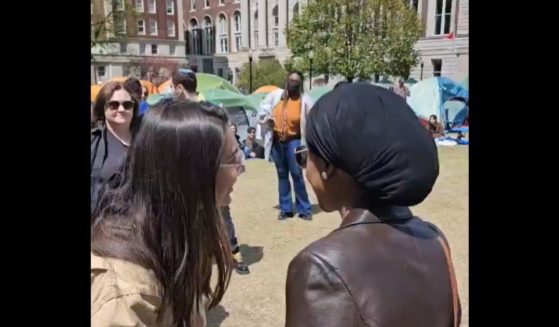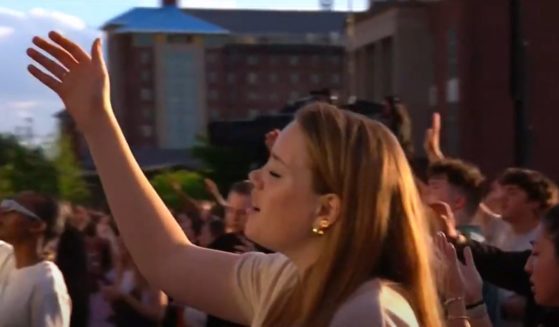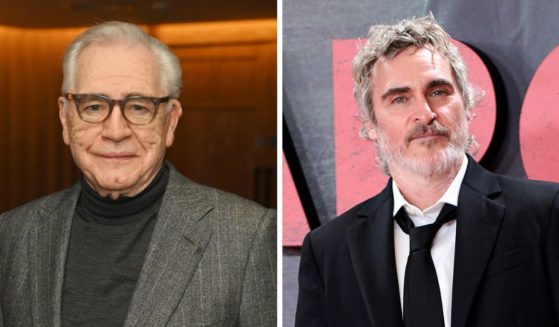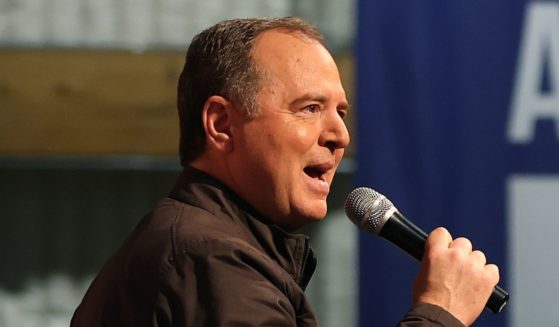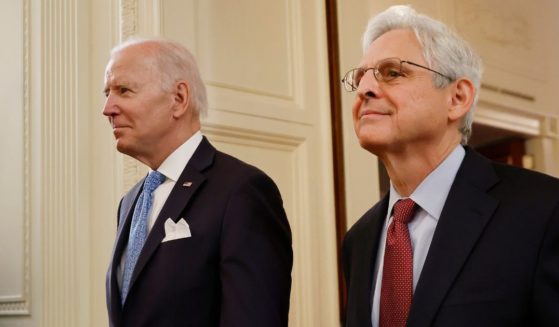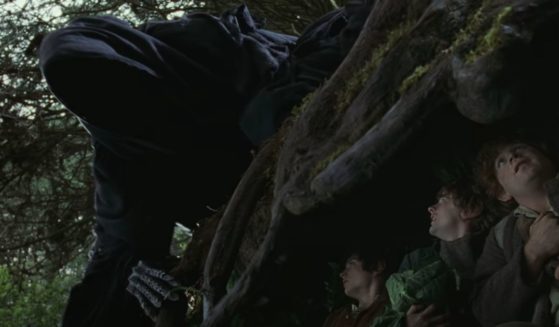Spanish court halts government plan to exhume Franco
MADRID (AP) — Spain’s Supreme Court on Tuesday temporarily halted the government’s plan to move the remains of Gen. Francisco Franco to a discreet tomb next week, because judges have yet to rule on appeals by the dictator’s descendants.
The announcement was a setback for Pedro Sánchez, the Socialist leader who last month won a new term as prime minister.
Sánchez had wanted to exhume the former dictator from the Valley of the Fallen, a self-aggrandizing mausoleum, on June 10 and move the embalmed body to a public cemetery in the outskirts of Madrid.
The plan has been lauded by Spaniards on the left but infuriated others nostalgic for the dictatorship, and it has drawn criticism from Spain’s center-right political parties, who consider it unnecessary. Sánchez has met opposition from Franco’s relatives and the abbot of the basilica within the huge mausoleum complex where the dictator was buried in 1975.
Judges say that if their appeals are successful, returning the general’s remains to the mausoleum could damage public respect for national institutions.
Luis Felipe Utrera, a lawyer for the Franco family, said Franco’s descendants were “satisfied” by Tuesday’s decision.
“The government wanted to move Franco’s body as if it was a piece of furniture,” Utrera told Spanish public broadcaster TVE, adding that the government was failing because it’s acting “out of a political motivation.”
The government noted that the court didn’t disallow the exhumation, adding in a written statement it is confident the Supreme court will rule in its favor and permit it to go ahead in the next few months.
The Western Journal has not reviewed this Associated Press story prior to publication. Therefore, it may contain editorial bias or may in some other way not meet our normal editorial standards. It is provided to our readers as a service from The Western Journal.
Truth and Accuracy
We are committed to truth and accuracy in all of our journalism. Read our editorial standards.

